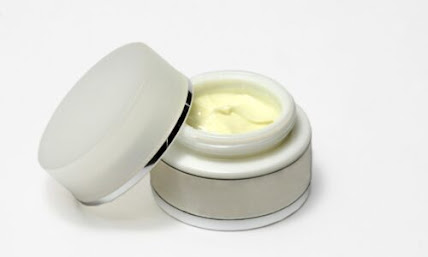Hydroquinone Market: A Comprehensive Analysis of Global Trends and Growth Prospects
Hydroquinone, a chemical compound with the molecular formula C6H6O2, is a colorless crystalline substance widely used in various industries, including pharmaceuticals, cosmetics, and photography. Its ability to act as a reducing agent, antioxidant, and a key ingredient in skincare products has made it a significant component of the global chemical market. In this article, we will delve into the Hydroquinone market, exploring its applications, market dynamics, key players, and future prospects.
Market Overview
The Hydroquinone market has witnessed substantial growth in recent years due to its diverse applications. Its demand is driven by its role in the production of antioxidants, photographic chemicals, and skincare products. Hydroquinone's ability to inhibit melanin production has made it a popular choice in the cosmetic industry for treating skin conditions like hyperpigmentation and melasma.
Applications of Hydroquinone
Cosmetics and Skincare: Hydroquinone is a key ingredient in many skin-lightening and spot-reducing creams and serums. It is known for its ability to lighten dark spots, freckles, and acne scars, making it a sought-after component in the skincare industry.
Pharmaceuticals: Hydroquinone is used as an intermediate in the synthesis of various pharmaceuticals. It plays a crucial role in the production of drugs for conditions like tuberculosis and certain types of cancer.
Photography: In the world of photography, Hydroquinone is used in the development of black and white photographs. Its reducing properties make it essential for bringing out the desired contrast and tonal range in photographic prints.
Market Dynamics
Growing Demand in Cosmetics: The cosmetic and skincare industry's exponential growth, driven by the increasing consumer desire for flawless skin, has significantly boosted the demand for Hydroquinone. As more consumers seek products that address hyperpigmentation and skin blemishes, the market for skincare products containing Hydroquinone is expanding.
Regulatory Changes: In various regions, there have been regulatory changes regarding the use of Hydroquinone in skincare products due to concerns about its safety and potential side effects. These changes have impacted the market, with some companies reformulating their products to exclude Hydroquinone, while others continue to use it in controlled concentrations.
Research and Development: Ongoing research and development efforts are focused on finding safer alternatives to Hydroquinone in skincare products. This may impact the market as new ingredients and formulations become available.
Key Players
Several companies are prominent players in the Hydroquinone market. These companies are involved in the production, distribution, and marketing of Hydroquinone-based products. Some of the key players include:
Solvay S.A.
Dow Chemical Company
Mitsubishi Gas Chemical Company, Inc.
Camlin Fine Sciences Ltd.
Alfa Aesar (Thermo Fisher Scientific)
Haihang Industry Co., Ltd.
Future Prospects
The future of the Hydroquinone market will be influenced by various factors, including regulatory changes, technological advancements, and consumer preferences. Here are some key considerations for the market's future:
Sustainable Alternatives: As the demand for natural and sustainable ingredients in skincare products grows, there may be a shift towards developing and using alternative ingredients that can achieve similar skin-lightening effects as Hydroquinone but with fewer environmental and safety concerns.
Regulatory Compliance: Companies will need to stay vigilant and adapt to changing regulations regarding Hydroquinone in skincare products. Compliance with safety standards and transparency in labeling will be essential to maintain consumer trust.
Research and Innovation: Continued research and innovation in the skincare and cosmetics industry will lead to the development of new and improved ingredients and formulations. This could provide opportunities for companies to create products that cater to evolving consumer preferences.
Conclusion
The Hydroquinone market demand is dynamic and multifaceted, with applications ranging from cosmetics to pharmaceuticals and photography. While the demand for Hydroquinone-based skincare products remains robust, regulatory changes and consumer preferences are driving the need for innovation in this sector. The market's future will depend on how well companies navigate these challenges and adapt to emerging trends in the industry.



.png)
Comments
Post a Comment